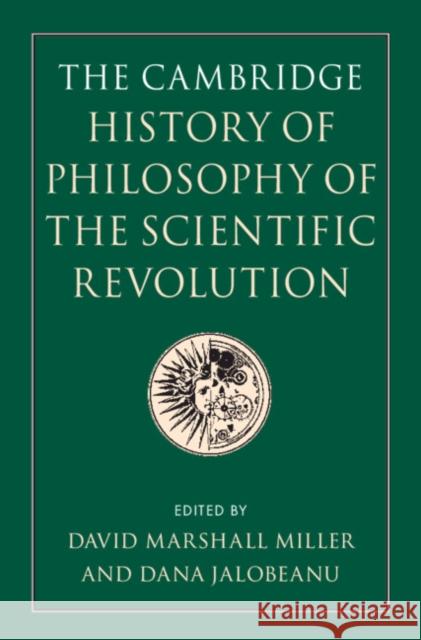The Cambridge History of Philosophy of the Scientific Revolution » książka
topmenu
The Cambridge History of Philosophy of the Scientific Revolution
ISBN-13: 9781108420303 / Angielski / Twarda / 2022
The Cambridge History of Philosophy of the Scientific Revolution
ISBN-13: 9781108420303 / Angielski / Twarda / 2022
cena 508,97
(netto: 484,73 VAT: 5%)
Najniższa cena z 30 dni: 483,53
(netto: 484,73 VAT: 5%)
Najniższa cena z 30 dni: 483,53
Termin realizacji zamówienia:
ok. 22 dni roboczych.
ok. 22 dni roboczych.
Darmowa dostawa!
A collection of cutting-edge scholarship on the close interaction of philosophy with science at the birth of the modern age.











